Das Bild des Tages von: Sebastian Freitag

Im Ausblick: Fotografie und Kunst, die Suche nach Amanda und Oliviero Toscani.
kwerfeldein – Fotografie Magazin | Fotocommunity
Das Bild des Tages von: Sebastian Freitag

Im Ausblick: Fotografie und Kunst, die Suche nach Amanda und Oliviero Toscani.
kwerfeldein – Fotografie Magazin | Fotocommunity
One of the primary reasons I built my mirrorless kit with Olympus gear, was their wide array of high quality lenses. From fast primes to convenient zooms, they have all of the important focal lengths covered. It wasn’t until I picked up the Olympus Zuiko 12-40mm f/2.8 however that I really experienced the true potential of this micro four thirds system. Since purchasing the lens a few months ago, it has rarely left my camera body. Not only are the optics incredible, but it features many surprising benefits. Here are some of the main reasons it has become my favorite lens.
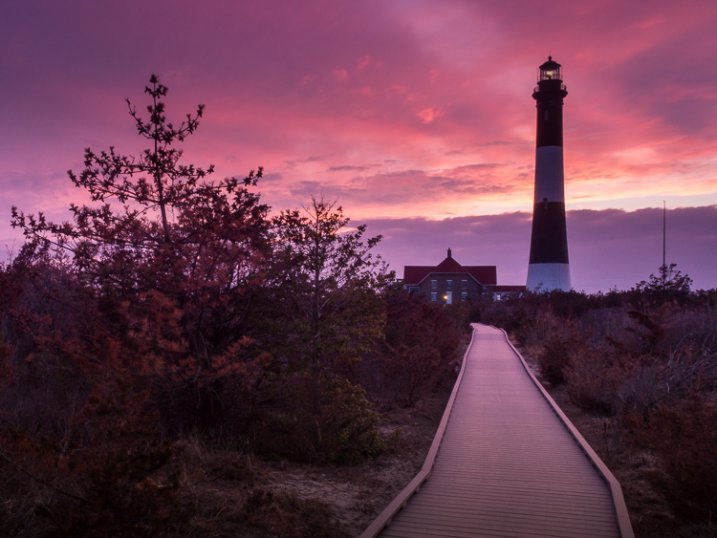
The Olympus 12-40mm has an effective focal length of 24-80mm making it extremely versatile. This fits my needs well, as I shoot a wide variety of subjects. With a constant aperture of f/2.8, it’s possible to shoot wide open throughout the entire range. Unlike other kit lenses, there is no need to stop down for optimal performance. Results are stellar wide open, with no noticeable chromatic aberration or diffraction. This makes it a workhorse for low light work, whether indoors or out.
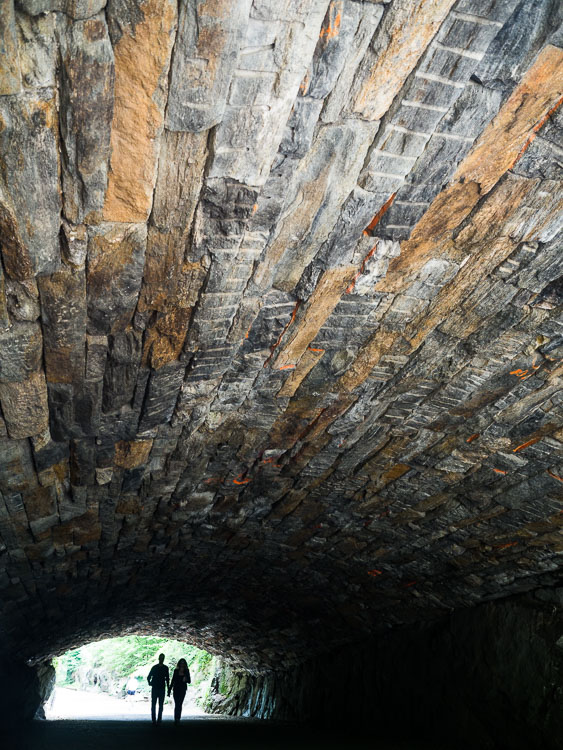
From corner to corner, the 12-40mm is the sharpest lens I’ve ever owned. That makes it invaluable for landscape and travel work, particularly when great depth of field and critical focus is desired. I have done side by side comparisons with DSLRs and pro lenses, and to my eye, the Olympus lens is sharper. Granted, these were not scientific tests, but for me, a real world study is perhaps more valuable than any static chart. While many zoom lenses compromise clarity for convenience, this lens has the rare combination of both.
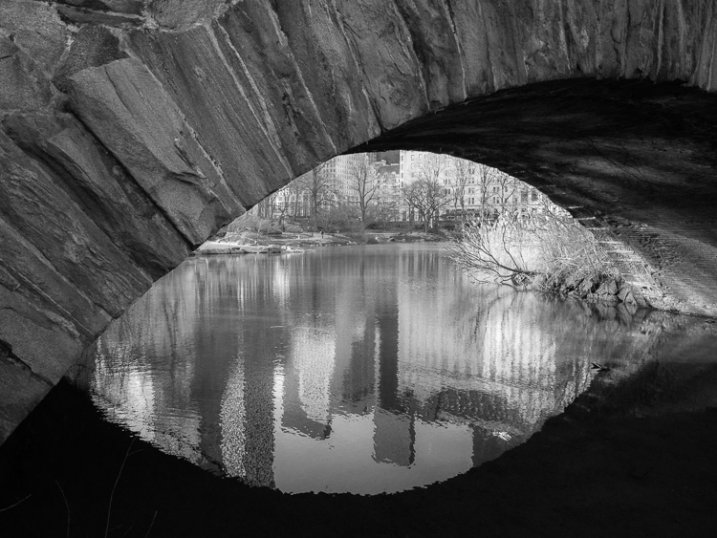
When compared with the equivalent offering for DSLRs, a number of additional benefits are revealed. For example, the Canon 24-70mm f/2.8 weighs 28.40 ounces (805 g), more than twice as much as the Olympus at 13.47 ounces (382 g). After a long day of hiking and traveling, with gear on by back, this makes a big difference. With the lighter kit, I’m ready to go further, and faster. It’s also small enough to keep with me everyday, greatly reducing any missed opportunities. In addition to the weight savings, it’s also quite reasonably priced. The Canon and Nikon version of this focal length averages $ 1899 while this Olympus model can be purchased for around $ 899.

Perhaps the most unexpected benefit is the ability to shoot extreme close-ups. In fact, I recently sold my 100mm Canon macro lens as this satisfies my macro needs. With a minimum focusing distance of 20 centimetres (7.9 inches), it is ideal for flowers, plant life, and butterflies. Having this type of capability in a single lens makes it possible to do more while traveling lighter.

Manual focus is activated by gently pulling the lens barrel down. With no buttons to find or push, this can be done without taking your eye from the viewfinder. Coupled with focus peaking, it has never been easier to achieve sharp focus manually. I particularly enjoy this feature when doing creative multiple exposures. This involves auto focus for the first shot, followed by a shift to manual focus to purposely create an out of focus second frame.

When paired with a weatherproof body, the lens completes a rugged combo that can withstand heavy rain, snow, dust, and even freezing conditions. I was able to test the weatherproof capabilities of the system during an airshow at the beach. As rain fell from the stormy sky several DSLR users frantically packed away their gear and headed for cover. Meanwhile, I continued to shoot the action and captured some unique shots with ominous dark clouds. Sure I could purchase and use a rain cover which are reasonably effective. They are clumsy enough however, to negatively affect my shooting technique.
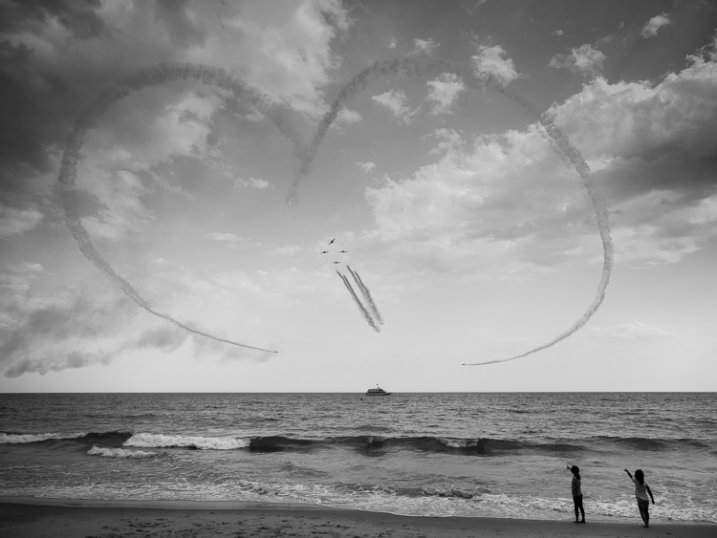
Despite what some critics have reported, it is quite possible to achieve shallow depth of field with a micro 4/3 system. Admittedly, the background won’t be as out of focus as an equivalent lens on a full frame camera, but it absolutely gets the job done. With this particular lens at f/2.8 I’ve found the bokeh to be very pleasing. In fact, I have no problems reaching for this lens should shallow depth of field be necessary.

Perhaps there’s no worse feeling than struggling to find focus as the magic light fades. Unlike many zooms, this lens does not hunt for focus. Whether you are using a camera with contrast or phase detection, it locks onto the subject, and fast. Not only does this benefit outdoor work, but also those indoor situations when the light levels are very low.
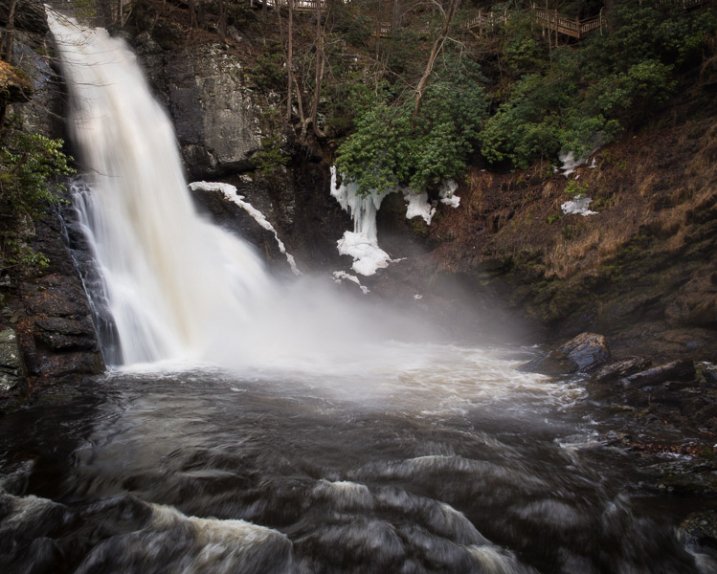
I’ve used a great deal of lenses throughout my career, many of which were stellar. Still, this lens really shines not only for its optical quality, but its versatile focal range. You can use it for just about anything, making it the first lens you’ll grab for most situations. Typically a lens with this many features would come at the price of other compromises, but this in not the case with the 12-40mm. Olympus has done a stellar job in creating what I find to be the perfect lens for micro 4/3 users.
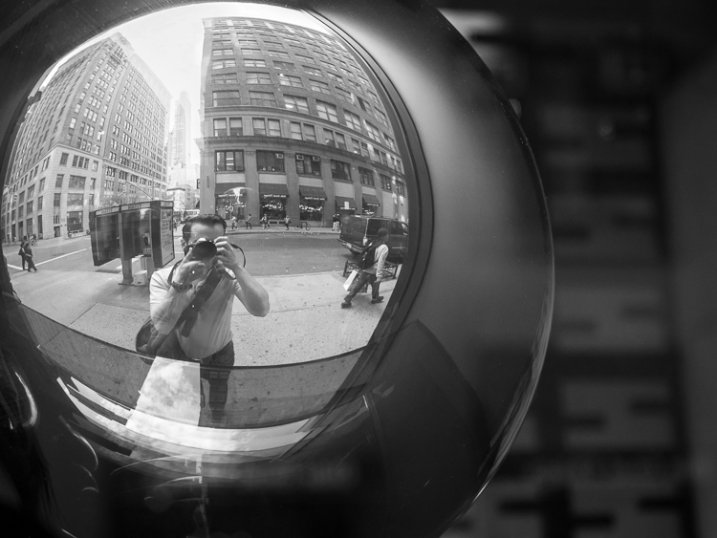
googletag.cmd.push(function() {
tablet_slots.push( googletag.defineSlot( “/1005424/_dPSv4_tab-all-article-bottom_(300×250)”, [300, 250], “pb-ad-78623” ).addService( googletag.pubads() ) ); } );
googletag.cmd.push(function() {
mobile_slots.push( googletag.defineSlot( “/1005424/_dPSv4_mob-all-article-bottom_(300×250)”, [300, 250], “pb-ad-78158” ).addService( googletag.pubads() ) ); } );
The post Writer’s Favorite Lens: Olympus Zuiko 12-40mm f/2.8 by Chris Corradino appeared first on Digital Photography School.
[ By WebUrbanist in Conceptual & Futuristic & Technology. ]
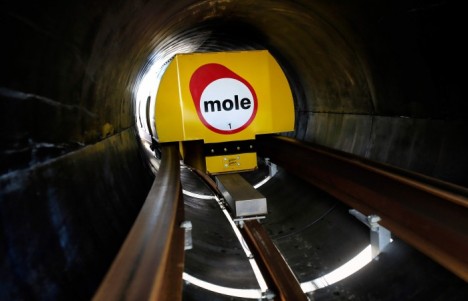
In a world obsessed with aerial drones, this new system could fly in under the radar and revolutionize shipping, delivering goods automatically via unmanned vehicles using magnetic wave propulsion through subterranean tubes. We are used to transporting liquids in bulk below ground – including water, waste and fuel – at its simplest, this system proposes doing something similar with solids, but the effects could revolutionize supply chains locally and globally.
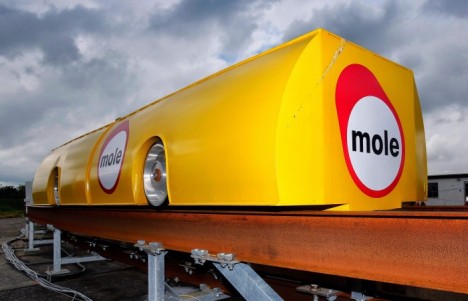
Like pneumatic tubes or underground trains of the digital age, the UK-based MOLE system is automated and secure from one end to the other, able to carry two pallets and tap into paths for existing underground transit and service infrastructure. Costs of this system are estimated to be as little as 10% of traditional above-ground shipping methods, and the pallet-based system makes the approach compatible with other intermodal systems including freight shipping containers.

The company boasts the potential of the system on green as well as efficiency fronts, including low energy usage and environmental impact as well as 24/7 unmanned operations, automatic loading and unloading. There are also subtler benefits, like reducing road congestion on the streets above.
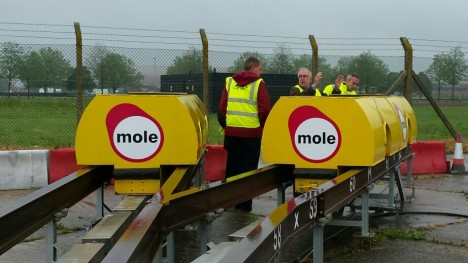
MOLE has also already run a series of tests and is aiming to first deploy in the realm of industrial shipping, helping mines and factories connect raw and finished materials with target buyers and refiners. Eventually, the goal is to create smaller business-to-business connections on a commercial scale.
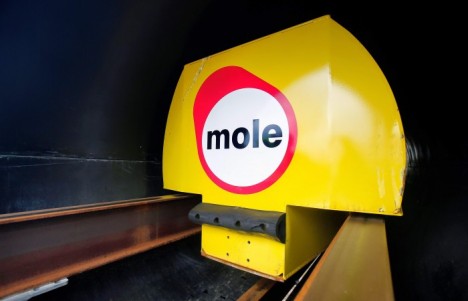
From from MOLE: “Mole Solutions is currently developing cost-effective, safe and environmentally friendly underground freight pipelines for solid cargoes. The system is designed to integrate with existing supply chains and transfer some of the high volume of products that travels by road into capsules running in pipelines laid beside or under existing and planned transport infrastructure.”




[ By WebUrbanist in Conceptual & Futuristic & Technology. ]
[ WebUrbanist | Archives | Galleries | Privacy | TOS ]
 |
|||
With the 4th of July fast approaching, you’re probably already searching for the best ways to shoot them ‘werks.
We’ve got you covered here with a few quick ‘n dirty tips and an excellent article covering more depth.
Check out even more tips in this article at Digital Photography School.
Photo by Micah Goff
© Erin for Photojojo, 2015. |
Permalink |
No comment |
Add to
del.icio.us
Post tags:
According to a report from BusinessWeekly Taiwan, Apple’s rumored dual camera technology for an upcoming iPhone is getting closer to becoming a reality. The article states that Apple has been working on the dual-lens technology for three years, but until recently has been hindered by a number of issues, including image blur and supplier inadequacies. Read more
Articles: Digital Photography Review (dpreview.com)
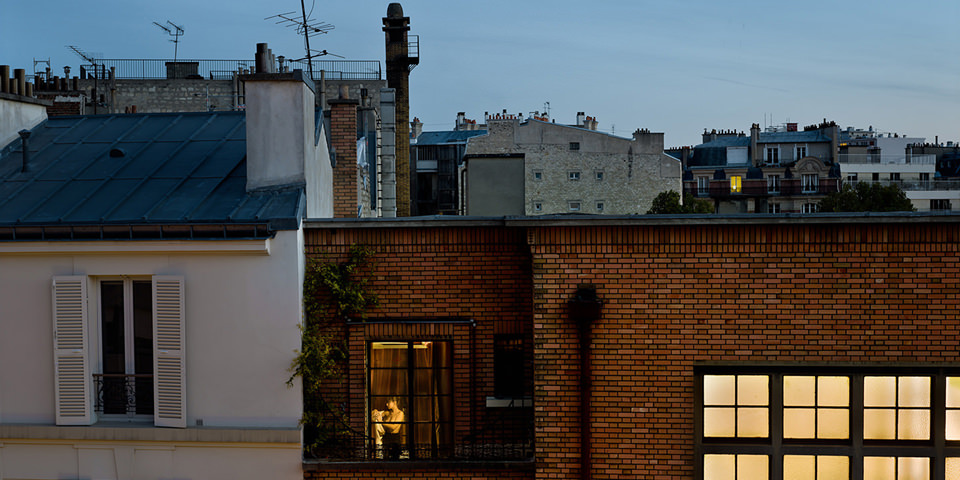
Gail Albert Halaban hält den Blick in fremde Nachbarwohnungen fest. Ihre großformatigen Bilder erinnern an Hitchcocks Film „Das Fenster zum Hof“. Kwerfeldein stellt Euch exklusiv die spukigen und geheimnisvollen Bilder der Künstlerin vor.
kwerfeldein – Fotografie Magazin | Fotocommunity
Announced earlier this month, the Sony Cyber-shot DSC-RX100 IV is the latest in that manufacturer’s line of popular enthusiast compacts. It ushers into the lineup a new sensor design, offering a stacked 1″ type 20MP CMOS sensor, and carries over from its predecessor a 24-70mm equivalent F1.8-2.8 lens. See what the camera’s capable of in the real world. See gallery
Articles: Digital Photography Review (dpreview.com)
[ By Steph in Art & Installation & Sound. ]

Two perfect rectangles of sea and sky are framed like paintings within a surreal wooden observation structure, inviting visitors to experience coastal Denmark from a new perspective. ‘New Horizon’ is a sculpture by Paris-based firm Atelier 37.2 created for the 2015 Sculpture by the Sea festival, drawing in guests from a forested path right to the edge of a hill overlooking the water.
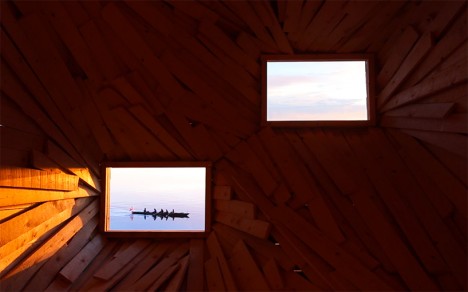
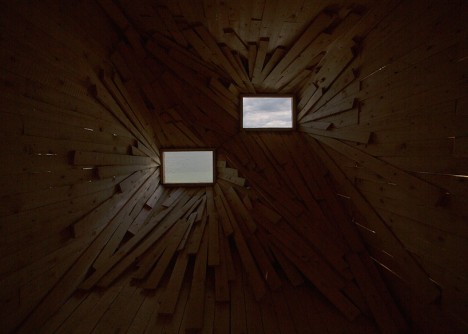

The accordion-like structure stretches in two angled sections, one open to the surrounding woods and the other an enclosed room filled with a chaotic assemblage of planks. This room looks dramatically different depending on the time of day, with sunlight streaming in and highlighting the space itself in the morning. As the sun makes its way to the other side of the sky, the space darkens, putting the focus squarely on the framed viewpoints.


As the artists themselves describe it: “Playing with classical perspective deconstruction, from the inside the horizon line disappears. Experience the landscape as two monochromatic ever-changing Rothko paintings.”




[ By Steph in Art & Installation & Sound. ]
[ WebUrbanist | Archives | Galleries | Privacy | TOS ]
Following a successful Kickstar campaign, German optical manufacturer Meyer Optik is set to reintroduce a lens from 1916 that was famous for its unique ‘soap-bubble’ bokeh. The company hoped to raise $ 50,000 to fund production of a new Trioplan 100mm F2.8 lens, but at the time of writing pledges have reached $ 124,000 with the best part of a month still to go. Read more
Articles: Digital Photography Review (dpreview.com)
With a 2000mm equivalent zoom range, the Nikon Coolpix P900 leads the current ultrazoom class in terms of reach. While there’s no question that the camera has an impressive zoom range, a nature photographer based in Germany has made it ever-so-obvious just how powerful this little ultrazoom is. His YouTube video of the moon shows that at 83x optical zoom the magnification is so powerful, the rotation of the Earth is easily seen as the subject drifts through the frame. Read more
Articles: Digital Photography Review (dpreview.com)
You must be logged in to post a comment.